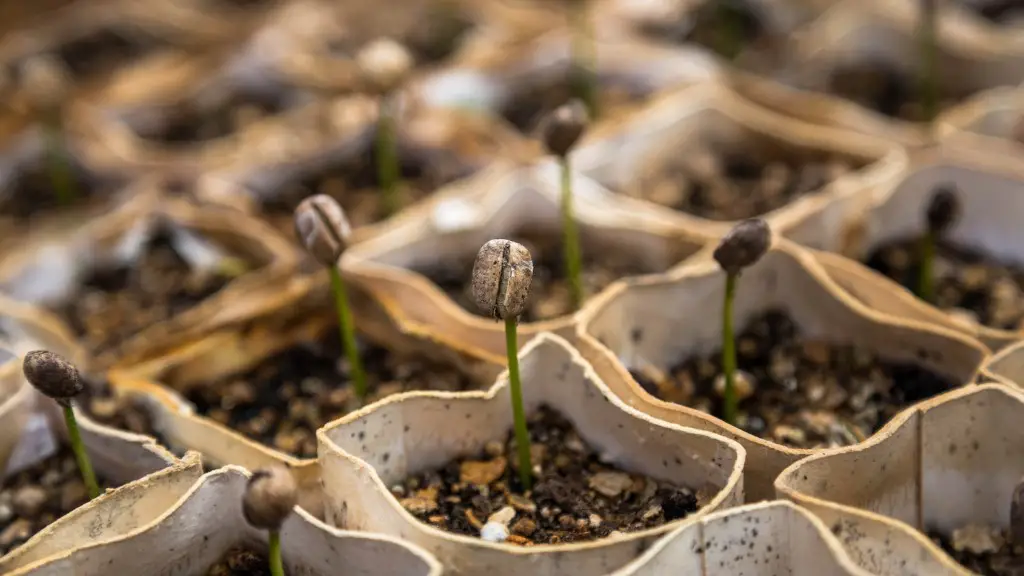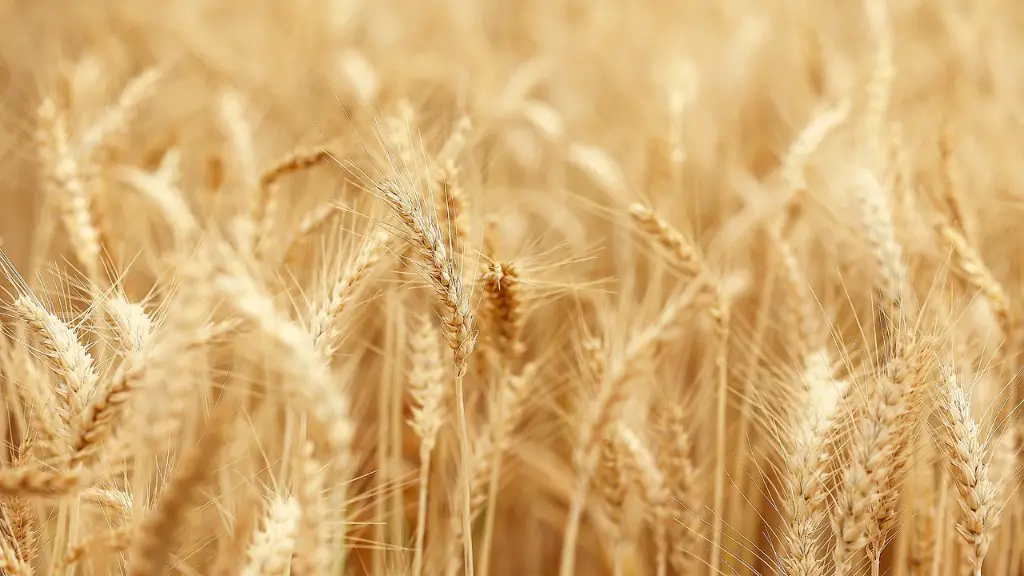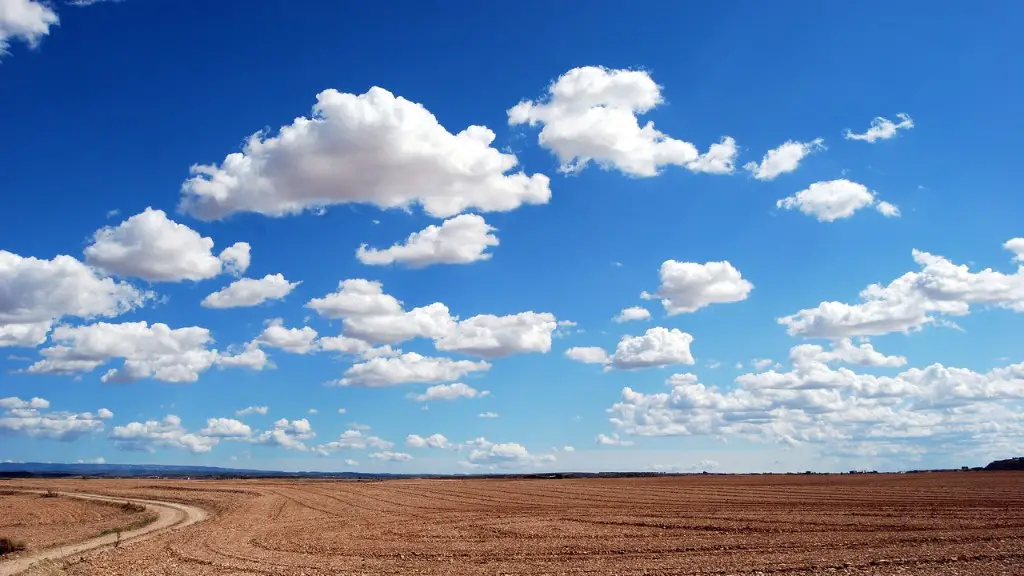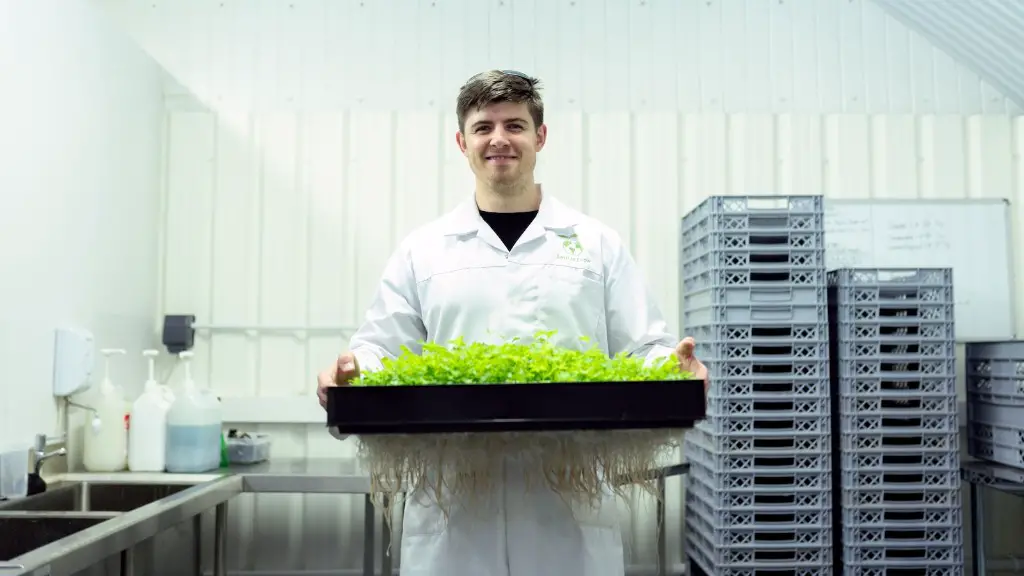An agriculture degree can lead to a number of rewarding and exciting careers in the food and farming industries. With a broad knowledge of the sector, and specialist skills in areas like crop production, farm management, and marketing, agricultural graduates are in high demand. So, if you’re passionate about the land and looking to make a difference in the world of agriculture, a degree in agriculture could be the perfect choice for you.
There are many potential jobs for someone with an agriculture degree. Some people become farmers, ranchers, or agricultural scientists. Others may become agricultural engineers, agronomists, or soil and water conservationists. There are also opportunities to work in agricultural education or extension, agribusiness, or the food and fiber industry.
What can an agriculture degree be used for?
Agronomists are scientists who study plants and soil, and work to improve the yield and quality of crops. They may work for banks, farm co-ops, and crop management companies, or be hired as consultants by farmers or seed, fertilizer, and agrichemical companies. Some agronomists may work as forecasters, environmentalists, analysts, or teachers. To be an agronomist, you should have an interest in science and a bachelor’s degree.
The highest paying jobs in agriculture typically involve some combination of engineering, science, and sales. Agricultural engineers design machines and equipment to be used on farms, agronomists conduct research on crop production and soil management, and veterinary scientists care for the health of farm animals. Farm managers oversee the day-to-day operations of farms, and agricultural sales representatives sell products and services to farmers.
What are the 7 career pathways in agriculture
The Agricultural Career Pathway is a great way to get started in the agricultural industry. There are seven different pathways that you can choose from, each with its own set of skills and knowledge. Whether you’re interested in agribusiness, animal husbandry, food processing, or natural resources management, there’s a career pathway for you. With so many options, you’re sure to find the perfect fit for your interests and goals.
There are many different careers in agriculture, each with its own set of skills and knowledge. Agricultural engineers use their knowledge of engineering principles to design and oversee the construction of agricultural facilities and equipment. Agricultural economists use economic principles to analyze and solve problems in the agricultural industry. Farm managers are responsible for the day-to-day operations of a farm, including planning and directing farm workers. Soil and plant scientists conduct research on soils and plants to improve crop production. Conservation planners develop and implement plans to protect natural resources. Commercial horticulturalists grow and sell plants for use in landscaping and other commercial applications. Agricultural salespeople sell agricultural products and services to farmers and other customers.
Is agriculture a good major?
There are many reasons why you should consider getting a degree in agriculture. For one, it can help you land a better position in the industry. Additionally, a degree in agriculture can open up other possible opportunities in the industry. If you’re passionate about agriculture and want to pursue a career in the field, then a degree in agriculture is a great option for you.
There are many career opportunities in the field of agriculture. Agricultural extension, agricultural engineering, animal science, agricultural economics, crop science, soil science, forestry, and horticulture are just a few of the many options available. With so many choices, there is sure to be a career path that is right for you.
Is it hard to study agriculture?
No, BSc Agriculture is not a tough course. It is a course that requires hard work and dedication, but it is not a tough course. There are many students who are able to successfully complete the course and go on to have successful careers in agriculture.
Agriculture is a very great opportunity for one to make an income either on a large or small scale. There are also a lot of career options in agriculture. As the world keeps revolving, there are now different ways, you can earn from agriculture without owning a farm or even physically been present on the farm.
What are the fastest growing careers in agriculture
The 10 fastest growing jobs in agriculture, food & natural resources are:
1. Animal Caretakers: Projected Job Growth: 1647%
2. Pest Control Workers: Projected Job Growth: 802%
3. Refuse and Recyclable Material Collectors: Projected Job Growth: 718%
4. Agricultural Equipment Operators: Projected Job Growth: 662%
5. Farmworkers and Laborers: Projected Job Growth: 409%
6. Soil and Plant Scientists: Projected Job Growth: 342%
7. Food Scientists and Technologists: Projected Job Growth: 321%
8. Conservation Scientists: Projected Job Growth: 316%
9. Veterinary Assistants and Laboratory Animal Caretakers: Projected Job Growth: 295%
10. Food Service Managers: Projected Job Growth: 212%
Despite the rise of the service economy, there are still many jobs that require manual labor. These jobs are typically in the agriculture, manufacturing, construction, mining, or maintenance sectors. Blue-collar workers make up a significant portion of the workforce in many countries.
While the work of blue-collar workers is essential, it is often strenuous and demanding. Blue-collar workers typically have lower levels of education and earn lower wages than white-collar workers. In recent years, there has been a decline in the number of good-quality blue-collar jobs, as automation and globalization have led to a decline in manufacturing jobs.
Despite the challenges, blue-collar work can be rewarding. It can provide a sense of satisfaction that comes from doing physical work and contributing to society. For many people, blue-collar work is a source of pride and a key part of their identity.
What is a degree in agriculture called?
Agricultural science is the study of agriculture. It includes the study of food science, animal husbandry, farming, veterinary medicine and other topics. These programs are commonly offered through agriculture science departments at colleges and universities around the country.
Dear hiring manager,
I am writing in regards to the open farmer position. Based on the key skills required for the role, I believe that I would be a strong candidate for the job.
First and foremost, I have excellent problem-solving skills. I am able to quickly identify issues and develop creative solutions. Additionally, I have great interpersonal skills. I am able to effectively communicate and collaborate with others.
Furthermore, I have strong farm management and organizational skills. I am able to effectively manage all aspects of a farm, including the finances, operations, and employees. I am also highly organized and can efficiently manage my time and resources.
Overall, I am confident that I possess the skills and qualifications that you are looking for in a candidate. I would welcome the opportunity to discuss my candidacy further and am available at your earliest convenience. Thank you for your time and consideration.
What are the 6 career areas in agriculture
The agricultural industry offers a variety of job opportunities for those interested in working with food production and farm equipment. positions range from entry-level farm workers and grain elevator operators to agricultural equipment technicians and purchasing agents. Agricultural specialists such as sales representatives are also needed to sell and promote farm products.
Agricultural jobs are vital to society and the economy, and as such, they are well-paid. People working in agriculture have the opportunity to earn high salaries, which reflect the importance of their work.
What are the disadvantages of agriculture?
Agriculture is the leading source of pollution in many countries. Pesticides, fertilizers and other toxic farm chemicals can poison fresh water, marine ecosystems, air and soil. They also can remain in the environment for generations.
Farmers need to be more careful about the chemicals they use and how they dispose of them. government regulations can help limit the use of harmful chemicals, but ultimately it is up to farmers to be stewards of the land.
The average salary for a BSc Agriculture graduate can range anywhere between INR 25-6 LPA. Many factors such as the college, skills, experience and professional position play a significant role in determining the salary. With 2-3 years of experience in the industry, you can earn anywhere between INR 4-6 LPA.
Conclusion
There are many things you can do with an agriculture degree. You can become a farmer, rancher, agriculture teacher, agriculture researcher, or work in an agricultural business.
An agriculture degree can lead to a number of different career paths. graduates can become farmers, ranch managers, agricultural scientists, or agribusiness professionals, to name a few. With an agriculture degree, you have the opportunity to help feed the world and make a positive impact on the environment.





